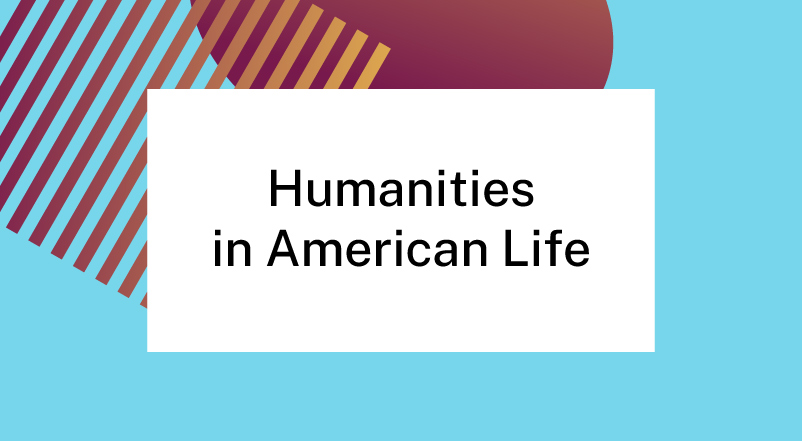Building Trust: Telling Stories
by Sydney Boyd, project manager, Humanities in American Life
“Many stories, one people,”—that’s the tagline for the North Carolina Humanities Council. In a webinar on October 22, a panel of scholars and leaders across disciplines talked about what that tagline looks like when it comes to creating an inclusive space to explore the state’s difficult histories and trace how those stories diverge and overlap.
Hosted by the American Academy of Arts and Sciences (AAAS), the event’s conversation was grounded in its recent report, “Our Common Purpose: Reinventing American Democracy for the 21st Century,” produced by AAAS’s Commission on the Practice of Democratic Citizenship. Terry Magnuson, vice chancellor for research at the University of North Carolina (UNC), and Paula D. McClain, dean of the graduate school and vice provost for graduate education at Duke University, facilitated discussion among Phoebe Stein, president of the Federation of State Humanities Councils; William Sturkey, associate professor of history at UNC; John Aldrich, Pfizer-Pratt University professor of political science at Duke; and Representative David E. Price (D-NC-4).
After opening remarks from Magnuson, Stein began the discussion by outlining how humanities councils across the United States are engaged in the aims of “Our Common Purpose” by conducting programs that foster open-ended and inclusive conversations for communities. Critically, Stein said, the humanities help us challenge one another while building the trust necessary to make systemic change and, ultimately, to address the divisions that exist.
As Sturkey and Aldrich picked up the conversation—pressing on the issue by remembering, for instance, that Jim Crow laws were practiced just two generations ago and that systemic issues run deep—trust remained a key word to think through why it has become so hard to re-think our national narrative.
“In the grand scheme of things, these stories are quite old—they might go back hundreds of years—but of course Black people have only had a platform for two generations, the same could be said of other minority groups and of women,” Sturkey said. “My father was 18 years old when UNC hired its first Black tenure track professor. I am the first generation of my family ever born outside of the Jim Crow south. This is new, [and] part of the reason we’re having this conversation now.”
During the closing Q and A, Stein pointed out why building trust is so essential: changing the narrative means being uncomfortable, inviting self-examination, and doing more listening than talking.
“It’s got to come from trust, but also a willingness to be patently uncomfortable,” Stein said.
 This post is part of “Humanities in American Life,” an initiative to increase awareness of the importance and use of the humanities in everyday American life.
This post is part of “Humanities in American Life,” an initiative to increase awareness of the importance and use of the humanities in everyday American life.


